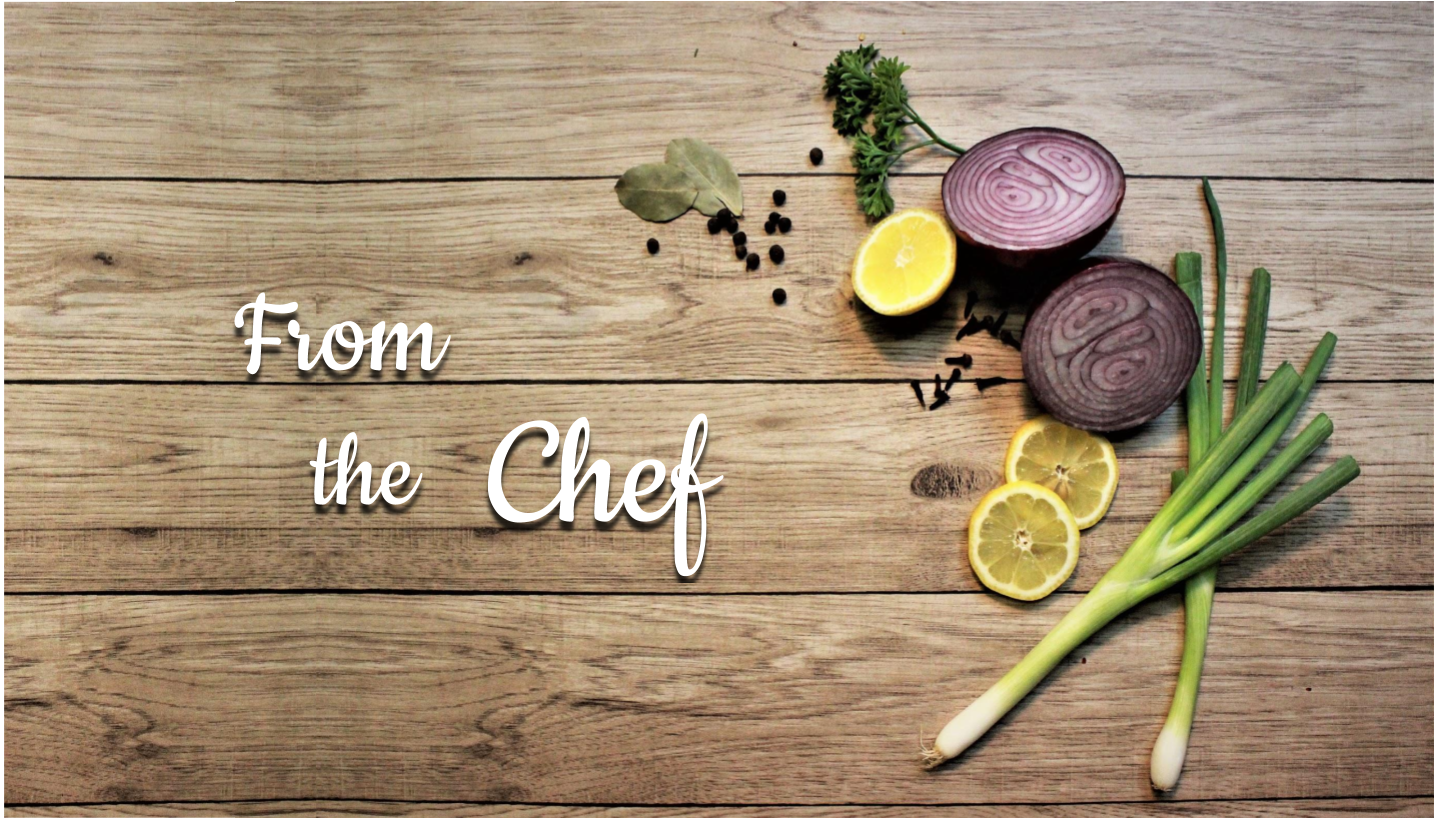Have you been watching your food bills lately? This year has brought some extreme hardships to our economy on many levels. As a result, we are now seeing food shortages and price increases across the board, in grocery stores and restaurants alike. It’s time to take a look at how we are spending our food dollars, and what we can do do mitigate the impact of these hardships.
1. Reconsider Your Groceries
Since your calories are now more valuable, make sure your food choices are nutrient-dense. Why spend money on snack food when it’s not going to actually satisfy your appetite? Not to mention, a healthier diet is likely to prevent certain medical bills later in life. Evaluate your shopping cart before you check out and make sure your purchases are worth it. Also, pay attention to the packaging size of your groceries. Some companies are reducing package sizes to keep their prices consistent.
2. Plant a Garden
This is the obvious one, but I would be remiss not to mention it. I hear many people claim they don’t have time for gardening, but container gardening or a raised bed does not take much maintenance at all. Even if you transformed most of your backyard, you would still probably spend the same amount of time gardening as you would maintaining your lawn.
3. Buy Dry
Lentils, grains, rice, and legumes make a terrific addition to a healthy diet. Purchasing these products dry or in bulk costs a fraction of the price you would pay for canned beans or frozen rice. Also, all these items can be conveniently batch-cooked in the oven to freeze for later. Here’s how to do it.
4. Keep it Clean
Most dairy items like yogurt, sour cream, and other items have a relatively short lifespan. The one thing that will shorten that is cross-contamination, such as a dirty spoon or an innocent finger-full. Make sure your family knows to only put clean spoons and utensils into these items, as well as condiments like salad dressings, olives, pickles, to ensure that your food won’t go bad prematurely.
5. Store Your Food Properly
Even after your fruits and vegetables are picked, they are still “breathing”. Keeping them in plastic produce bags is not going to help their lifespan.
-Cucumbers, zucchini, and fresh herbs do well wrapped in paper towels in a vented bag or container; layer paper towels in between lettuce or mixed greens to keep extra moisture out.
-Cruciferous vegetables like broccoli, brussels sprouts, cauliflower, and cabbage, can be stored in a vented bag or container. Check them periodically for mold.
-Check all produce periodically for any spots of rot or mold so that you can remove them before they start to affect others.
-Butter and other foods that are high in fat will absorb odors from the refrigerator very easily. Make sure they are tightly covered or they will start to taste rancid.
-Nuts and seeds are high in oils that go rancid quickly at room temperature. They should be stored in the refrigerator in a tightly closed jar.
6. Purchase Your Meats in Bulk
One of the biggest money suckers at the grocery store is the meat section. Buying your meat in bulk can save a lot of money, and gives you the option of sourcing from local farmers for a much better quality product. Also, consider that one whole chicken can be stretched into several meals plus stock for a delicious soup, before you reach for the more convenient and more expensive smaller cuts.
7. Take Advantage of Peak Season
In late summer, many gardens are overflowing with extra produce. Keep your ears and eyes open for anyone trying to get rid of produce that you can freeze, can, or dry for later. Also, at the farmers market, you can usually ask for “seconds”, or produce that may not be as pretty as others and sold for a lesser price. Start following your local farmers on social media to see what they have available. Also foraging for wild mushrooms, ramps, and berries is another fun way to bring home some goodies to enjoy.
8. Start Using Reusables
Paper products can end up costing a lot over time. Switching to cloth rags and napkins instead of paper towels, or storing your food in reusable containers instead of plastic bags, can make a big difference on your budget – as well as the environment.
9. “Use It Or Lose It” Nights
Usually, at the end of the week, there are a few overlooked groceries that are starting to lose their freshness in the refrigerator. This is a great time to turn on your oven and roast them off – and why not some other proteins or vegetables on hand – to integrate into your next few day’s worth of meals. Better to catch them while you can instead of throwing them out later. Also, always be sure to label and date your leftovers!
Other things like hunting and fishing for meat, packing your own lunches, reducing your portions, or planning to only go out for special occasions (and to a locally-owned establishment), are a few more ideas worth mentioning.
With an unsteady future in climate change and threats to our food supply chain, taking any of these steps to being in control of your own food security is becoming more crucial. It is also one of the most rewarding and assured feelings you can have, knowing that you can provide for yourself and your family. Maximize your food budget, and maximize your quality of life.

